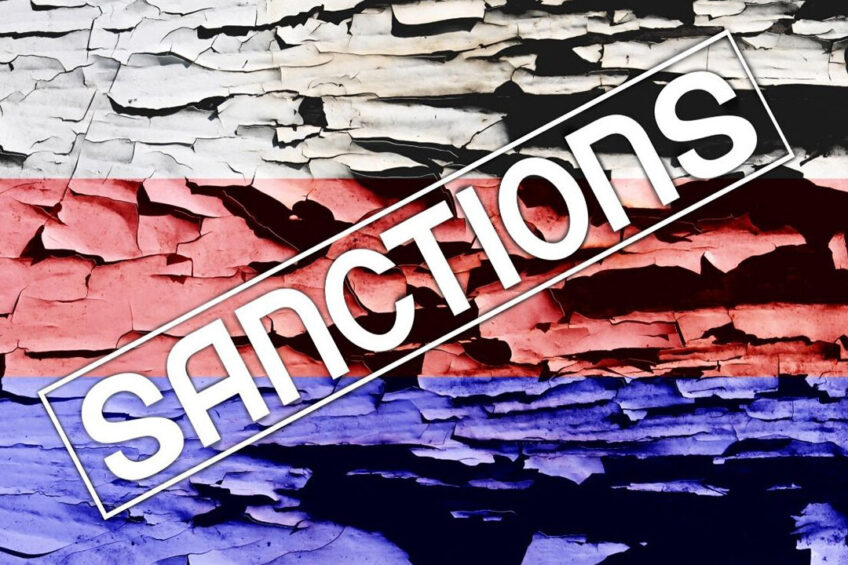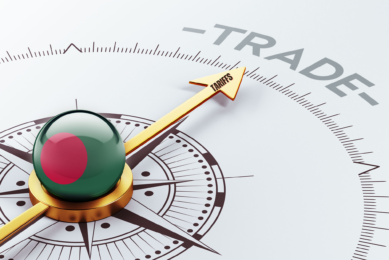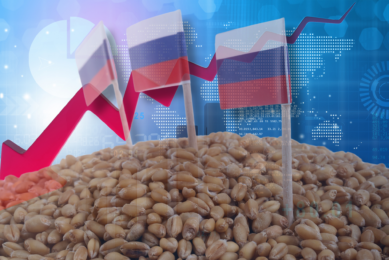Western sanctions: Impact on Russian feed industry

A slump in the Russian rouble’s exchange rate and Western sanctions on the Russian financial sector has sparked concerns among Russian business organizations, the Russian magazine Veterinary and Life reported.
The Russian Agricultural Ministry ruled out any severe implications of the Western sanctions for the Russian feed industry. The Ministry said that the country is self-sufficient in grain, which is the main raw material for feed production.
“The domestic market is fully protected, and risks for [the country’s] food security are excluded,” the Ministry said.
Russian dairy market
On the other hand, the price of dairy products in Russia are poised to increase due to a price hike for imported components, the Russian Dairy Union said. However, Lyudmila Manitskaya, chairman of the dairy union, said that most feed additives are imported in Russia from Europe and China, and there was no direct relation between these supplies and the “escalation of the political situation.”
Foreign companies close doors in Russia
Over the past week, several dozen foreign companies have decided to close their business in Russia. Sergey Miknyuk, executive director of the Russian National Feed Union, told Veterinary and Life that there was no information that any of the market participants experienced major problems with delivering goods on the Russian market.
“Nobody has refused to fulfil obligations taken,” Mikhnyuk said, adding, however, that some logistic issues have been seen due to problems on some railway hubs.
Exchange rate in the spotlight
However, the feed additives imported into Russia, by all means, are expected to be affected by the Russian currency dynamics. The rouble has plummeted in the face of Western sanctions to record lows, losing nearly 40% in value against the hard currency in a matter of a few days.
Manitskaya said that the dependence of financial markets on the political situation was a major reason for concern. She added that in this background, dairy companies anticipated a price hike across the supply chain, including for imported feed additives.
“We lay our hopes on the measures applied by the Russian regulators aimed at stabilising the financial sector’s response,” Manitskaya said.
The pet food market is in a state of uncertainty
In turn, Tatian Kolchanova, director of the Russian Zoobusiness Union, told Veterinary and Life that there is considerable uncertainty over the future of the Russian market, as it is yet to be seen “whether import suppliers would be able to deliver pet food, feed additives, and veterinary medicines to the Russian market.”
Kolchanova raised hopes that the foreign countries would not cease supplies on the Russian market, adding that in her opinion, “Russia is too big market to lose.”











